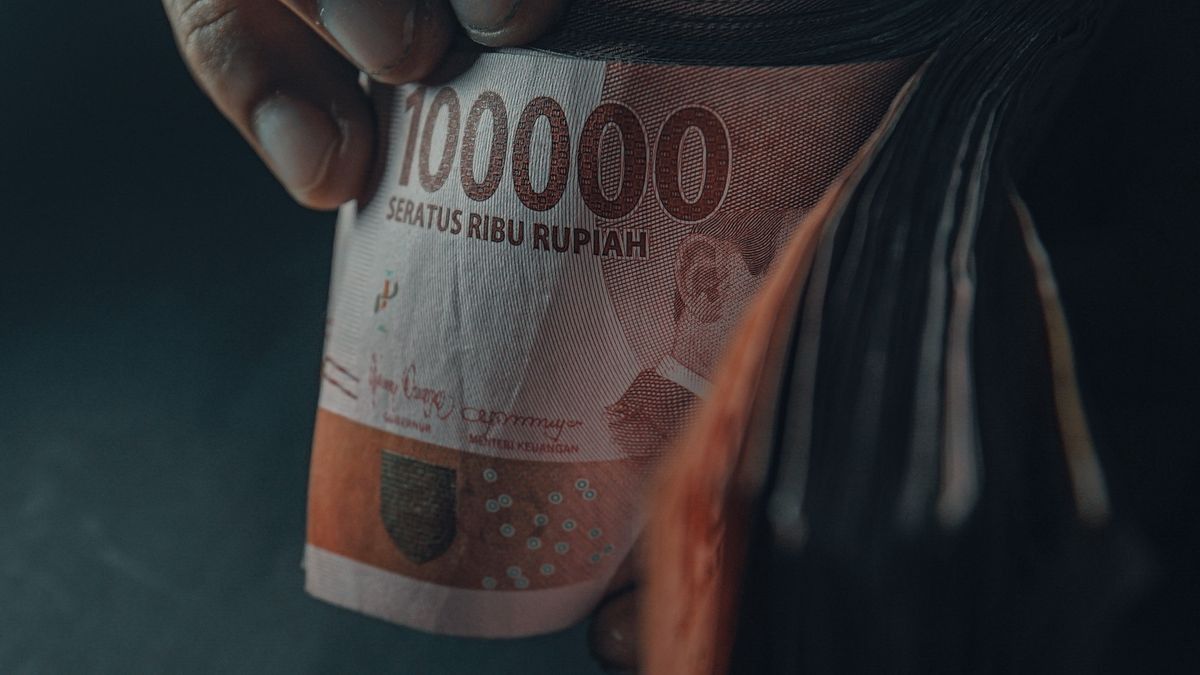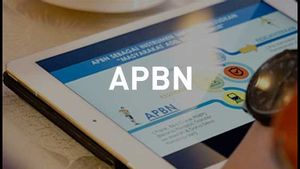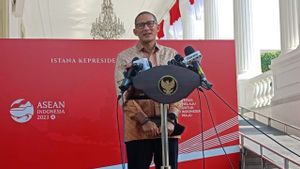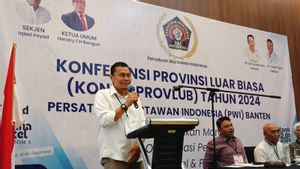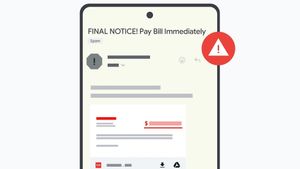YOGYAKARTA Amortization in the tax world, in general, is associated with all forms of expenditure allocated for intangible assets. So that people can understand what amortization is, see the following article.
In the Big Indonesian Dictionary (KBBI), amortization is literally interpreted as shrinkage that occurs gradually from debt or absorption of intangible and Sustainable wealth values.
The term amortization is generally used in the fields of finance, accounting, and taxation. In general, amortization can be interpreted as a debt repayment procedure that occurs gradually within a certain period of time.
Quoted from the official website of the Ministry of Finance's Financial Education and Training Agency, amortization is a systematic allocation of intangible asset acquisition prices to be charged during its useful period. Simply put, amortization is a debt repayment process at a certain time and is carried out in stages.
Understanding amortization can also be interpreted as the spread of the amount of capital costs as an asset or intangible asset within a certain period of time. The application of amortization is usually carried out as long as these intangible assets can still be used or can be utilized.
In the world of taxation, amortization is all expenditures intended for non-formal assets including the acquisition up to the cost of extending the HGU (Business Rights), use rights, and grants with assets benefits of more than 12 months or 1 year.
It should be noted that non-formal assets are assets owned by the company but not physical, as an example, are patents, trademarks, goodwill, copyrights, and others. This manifestation of assets is important, even having large enough value to bring profits.
For example, unformed assets, quoted from the Ministry of Finance's BPPK, in 2000 the brand of soda Coca Cola has a value of up to 12 percent of the total value of trademark-owning companies.
In Indonesia, the rules for amortization already exist in the Income Tax Law with the last update being the Law on Harmonization of Tax Regulations (HPP), namely Law no. 7 of 2021. The rules related to amortization in the HPP Law are in Chapter III concerning Income Tax, namely Article 11A paragraph 2a which explains as follows.
VOIR éGALEMENT:
If the intangible property as referred to in paragraph (2) has a benefit period of more than 20 (twenty) years, the amortization as referred to in paragraph (1) is carried out in accordance with the benefit period as referred to in paragraph (2) for the intangible property of group 4 or in accordance with the actual benefit period based on the bookkeeping of Taxpayers.
It was also explained that the unsharp assets were divided into four, namely as follows.
That's information related to tax amortization. Visit VOI.ID to get other interesting information.
The English, Chinese, Japanese, Arabic, and French versions are automatically generated by the AI. So there may still be inaccuracies in translating, please always see Indonesian as our main language. (system supported by DigitalSiber.id)
